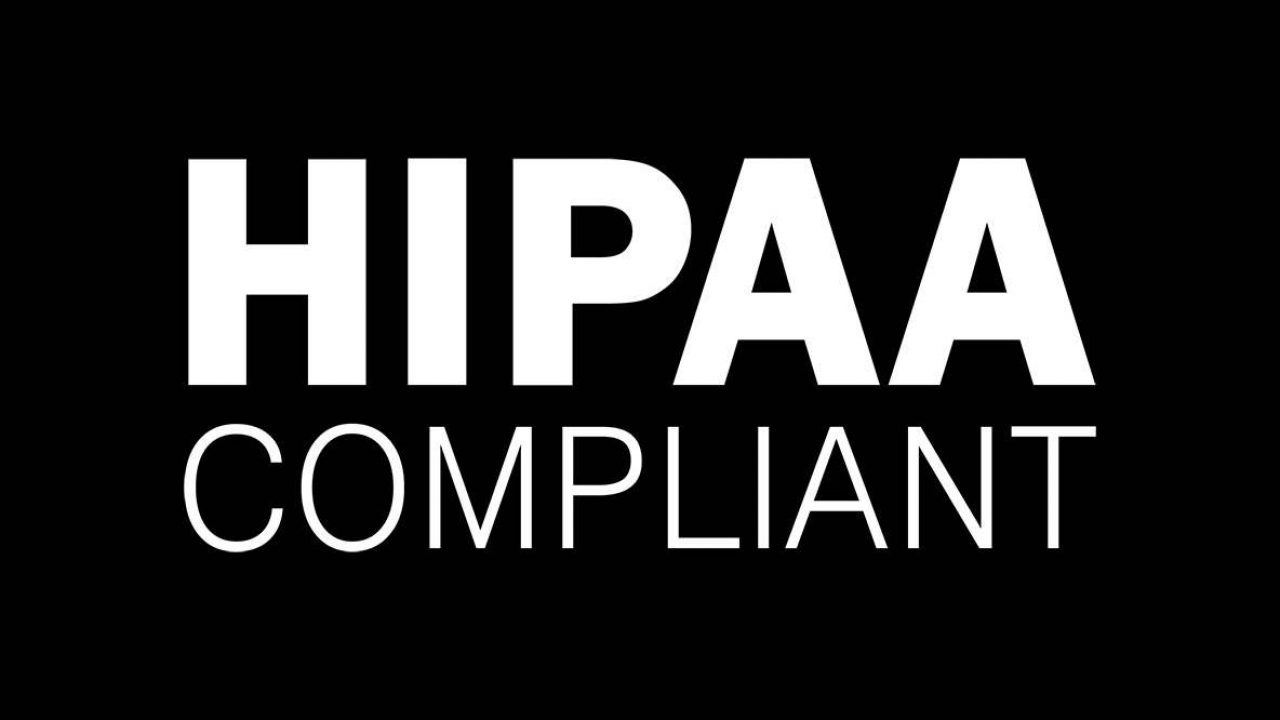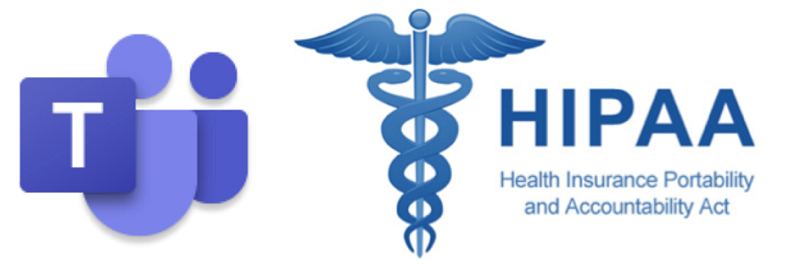Is Microsoft Teams HIPAA Compliant?

Microsoft Teams is a part of the Office 365 Suite, and many healthcare providers use it every day. That begs the question – is patients’ privacy protected on Teams?
HIPAA is a federal law that sets the standards when it comes to the safety of medical data. There is a lot that goes into making sure an entity is HIPAA compliant. There are checklists and certifications. So, where does Microsoft Teams stand?
Microsoft Teams and HIPAA
At the moment, Microsoft Teams is entirely HIPAA compliant. It checks all the boxes. But before any organizations that collect or transmit Protected Health Information (PHI) can use the platform, they have to enter into a business associate agreement with Microsoft.
Typically, Microsoft is prepared to sign an agreement with the organizations. They don’t demand that you get the BBA before buying the Office 365, though.
And it’s the organization’s responsibility to make sure that they do enter the BBA before they start using Microsoft Teams. That way, all the bases are covered, and Teams is entirely HIPAA compliant.
Microsoft claims that Teams has very advanced security measures that are included in the Tier-D compliance category. Some of the ways Microsoft incorporates these measures are by ensuring single sign-on and two-factor authentications.
But where does Microsoft store the sensitive data? Everything Microsoft teams collect is safe and secure on North American servers. And it’s encrypted.

What Is HIPAA Compliance?
The Health Insurance Portability and Accountability Act (HIPAA) was adopted in 1996, and it protects the health information of US citizens. The Health and Human Services (HHS) regulates it.
And what kind of personal information does HIPAA protect? Names, Social Security numbers, medical records, and even patient photos. This law covers many rules, but there are a few that are most important to mention.
- HIPAA Privacy Rule
- HIPAA Security Rule
- HIPAA Breach Notification Rule
- HIPAA Omnibus Rule
HIPAA compliant entities like Microsoft Teams must also perform annual self-audits. It’s not enough to provide the Security Risk Assessment every year, which is also one type of audit. To maintain their compliance, companies, and platforms have to take care of the administrative and technical side of things.
HIPAA Violations
Since HIPAA compliance means protecting sensitive information, HIPAA violations are often confused with data breaches. But they’re not the same thing. A data breach is when one employee loses a company device that has access to medical records.
But a HIPAA violation happens when an employee loses a device that doesn’t have a policy that states that you can’t take the device offsite. There are several different breaches when it comes to HIPAA violations.
One of them is a Minor Breach, and it means that it affects up to 500 people in one jurisdiction. The organization must inform every person who had data compromised within two months. Another is Meaningful Breach. It’s the kind of violation that includes more than 500 people in one jurisdiction.
Just like with the Minor Breach, the organization has to inform the individuals whose data was involved. In these cases, the organization has to notify law enforcement and even go public to ensure people take necessary measures.
The Use and Disclosure violation happens when one HIPAA compliant organization sends protected data to the wrong party. An example of that would be sending medical records of a patient to their employer, without verifying it with the patient first.

Keeping the Data Safe in Microsoft Teams
The HIPAA is an elaborate set of standards that protect the patient’s privacy and rights, and it makes sense that Microsoft Teams should be fully HIPAA compliant.
It’s an excellent platform which makes the work and lives of healthcare professionals easier. Data breaches and HIPAA violations do happen from time to time. And when they do, it’s never comfortable to read about it. That’s why it matters to make sure that Teams maintain the HIPAA compliance year after year.
Let us know what you think about Microsoft Teams and HIPAA in the comments section below.
















